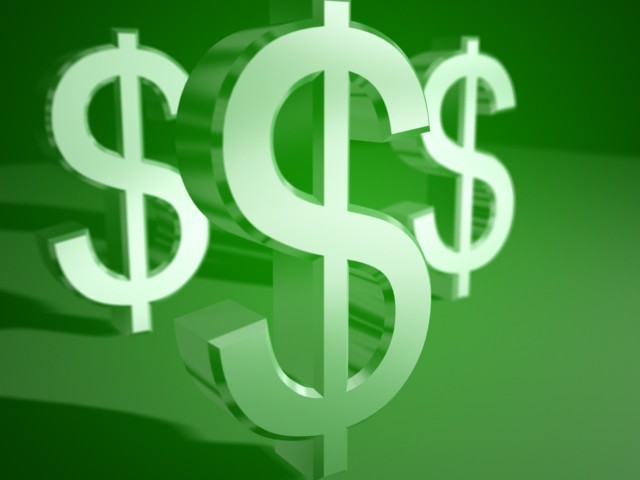The increase to $7.25 means 70 cents more an hour for the lowest-paid workers in the 30 states that have lower minimums or no minimum wage. It also means higher costs for employers who feel they've already trimmed all their operating fat.
``How will they absorb the increase?'' said Rajeev Dhawan, director of Georgia State University's Economic Forecasting Center. ``They will either hire less people or they will do less business.''
More than in any period before, businesses are likely to lay off employees and reduce hours, further fueling the economic slump in states seeing double-digit unemployment rates, fiscal conservatives and some economists say.
Minimum wage advocates counter the wage bump will keep more working poor afloat, and say more increases are needed to help stimulate consumer spending and strengthen businesses in the long run.

http://accesswdun.com/article/2009/7/222019
